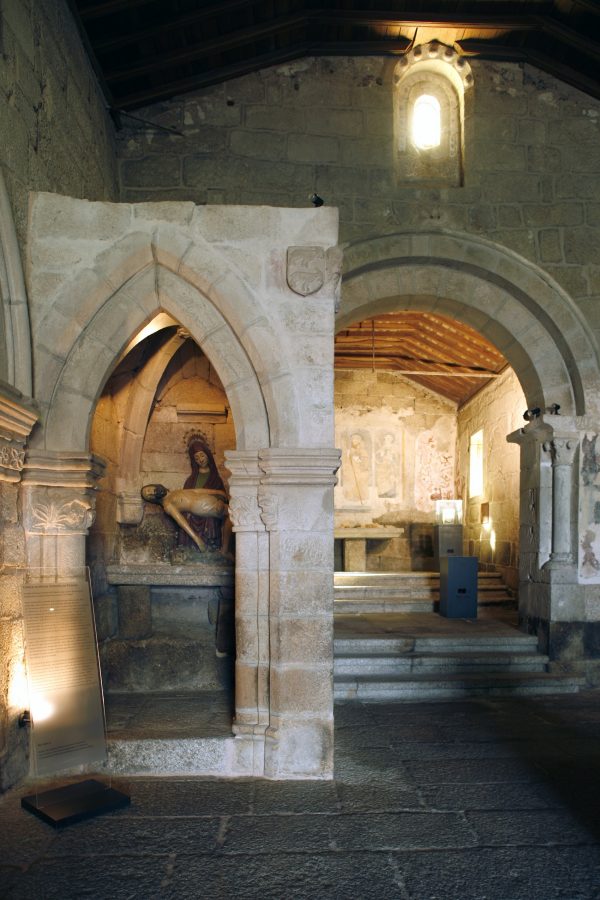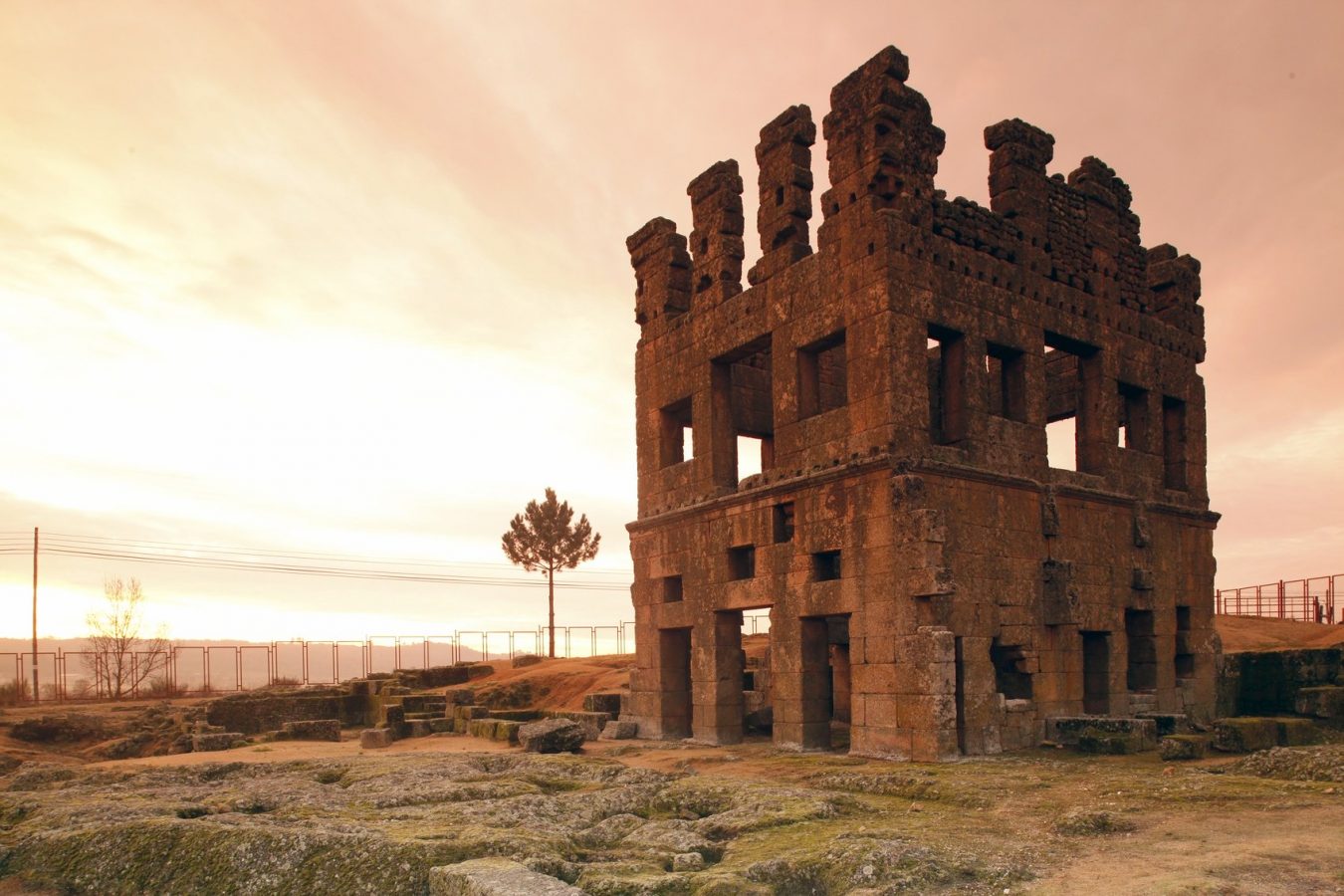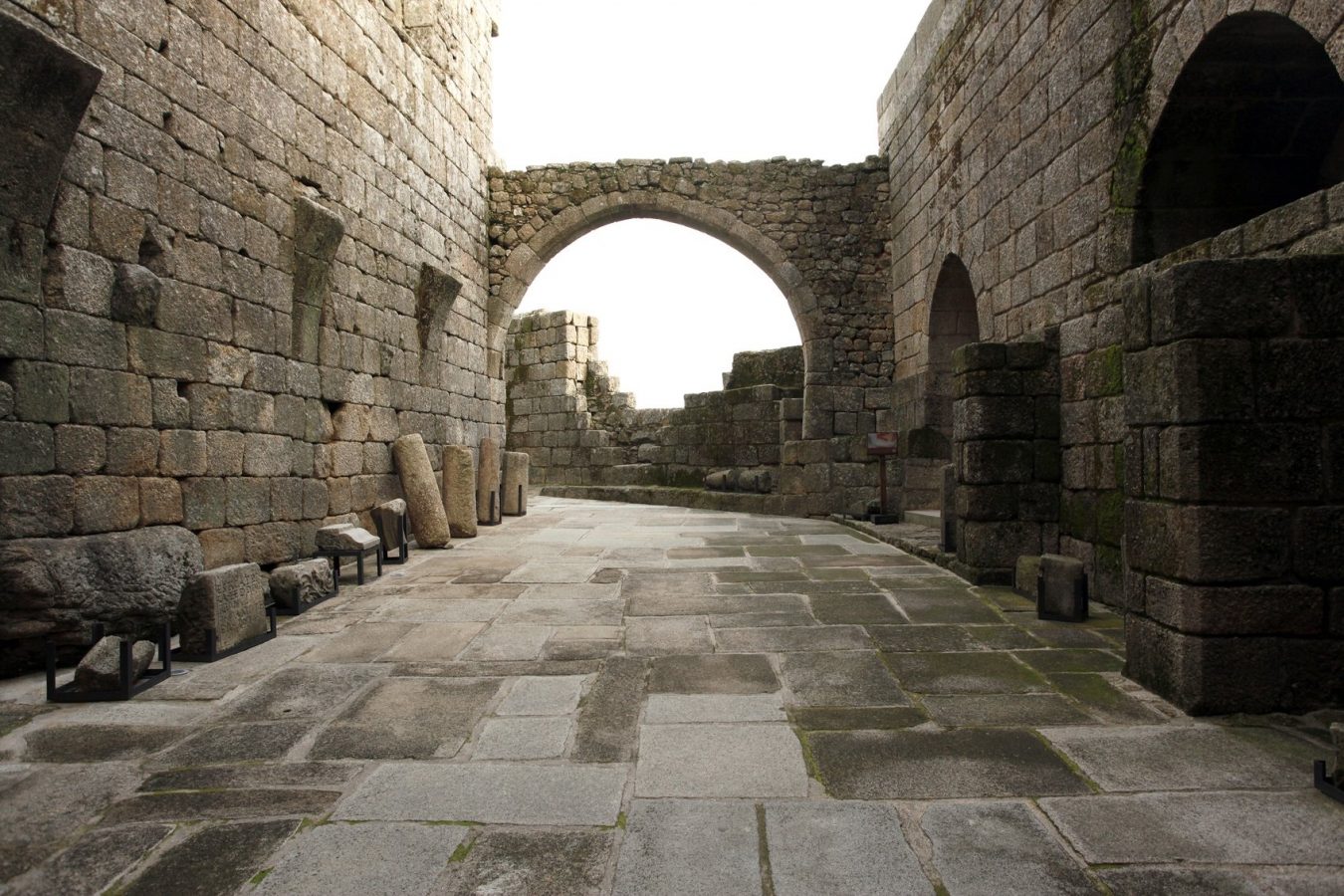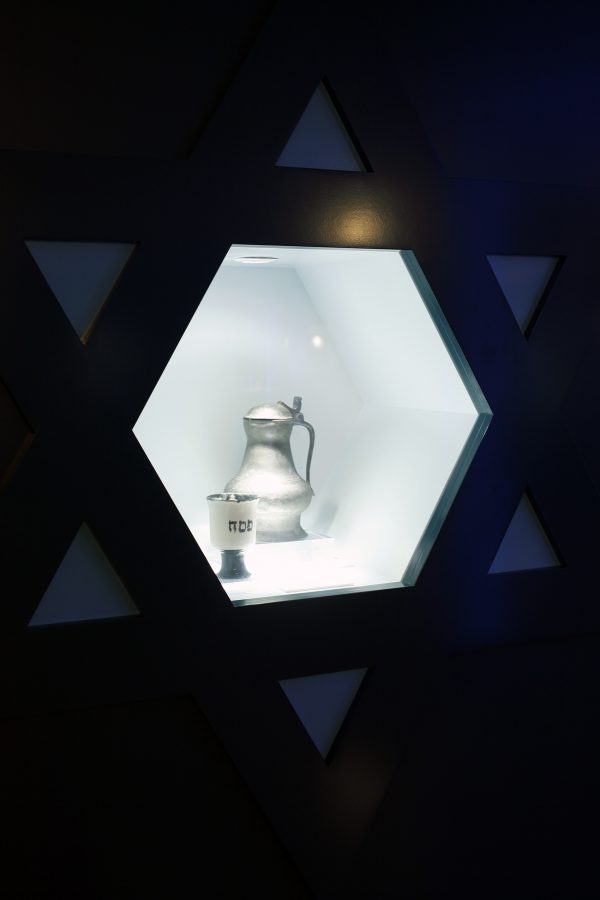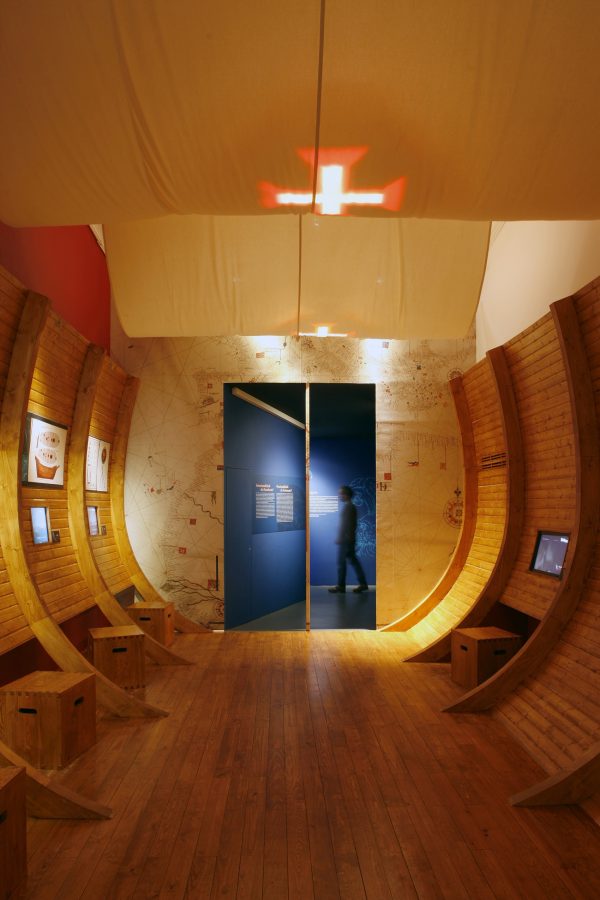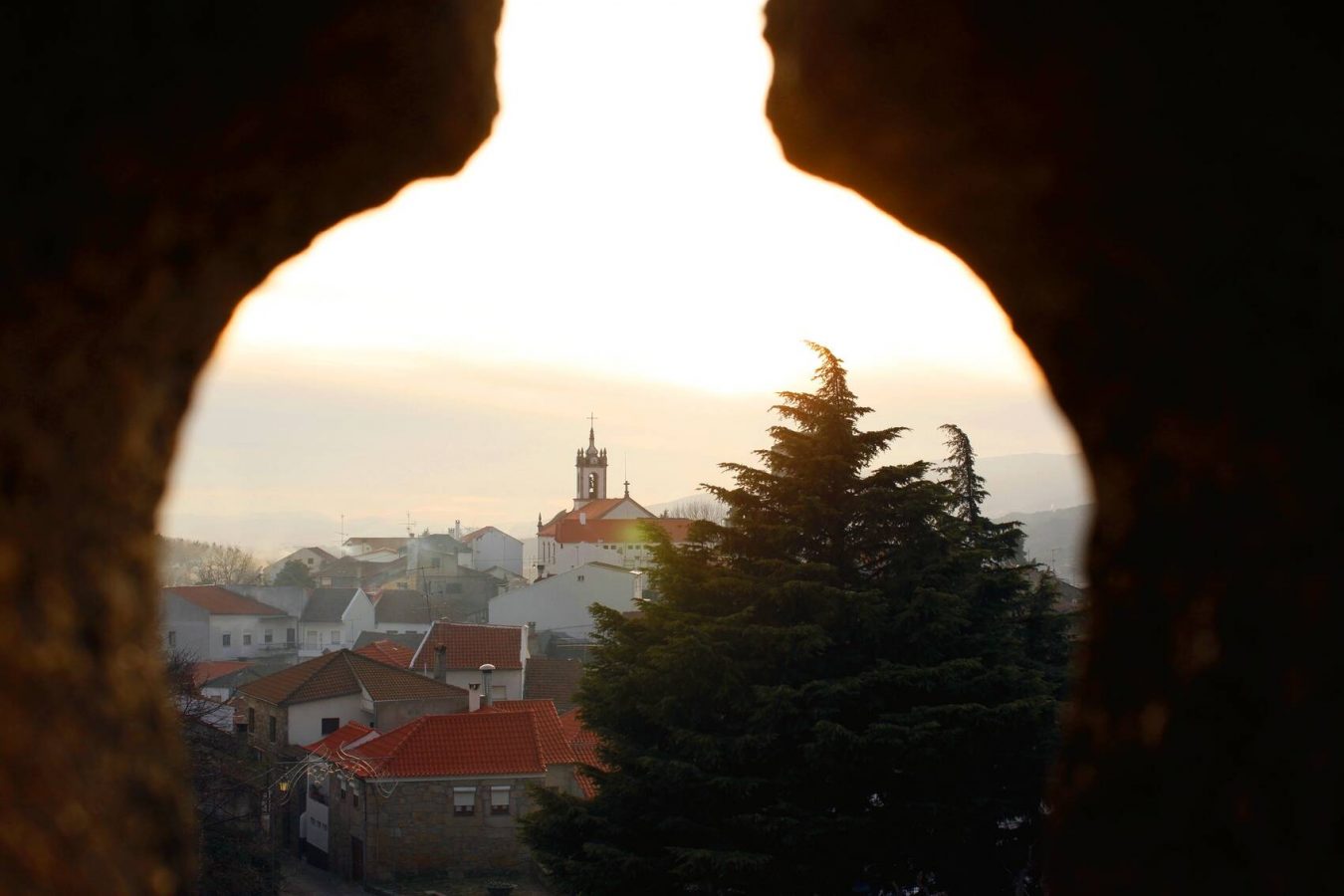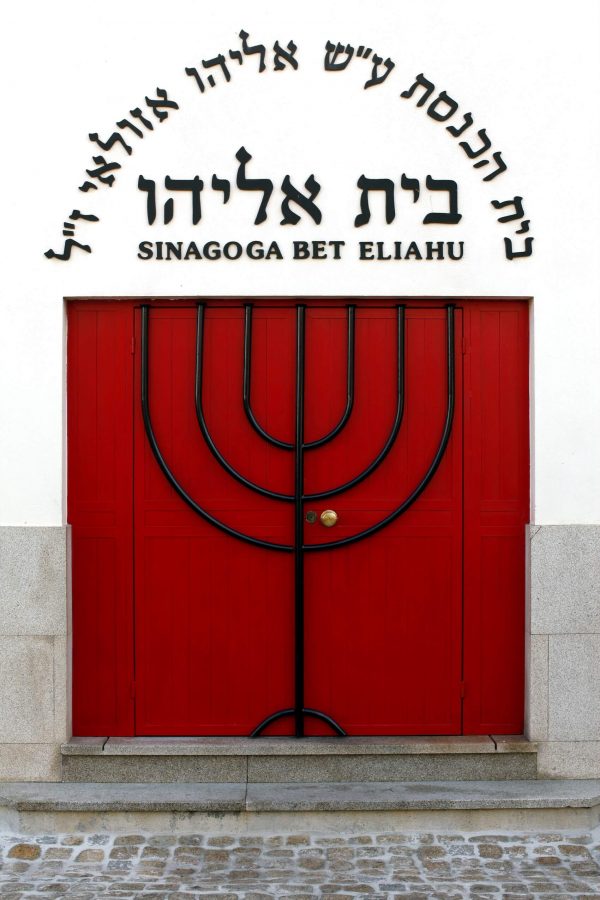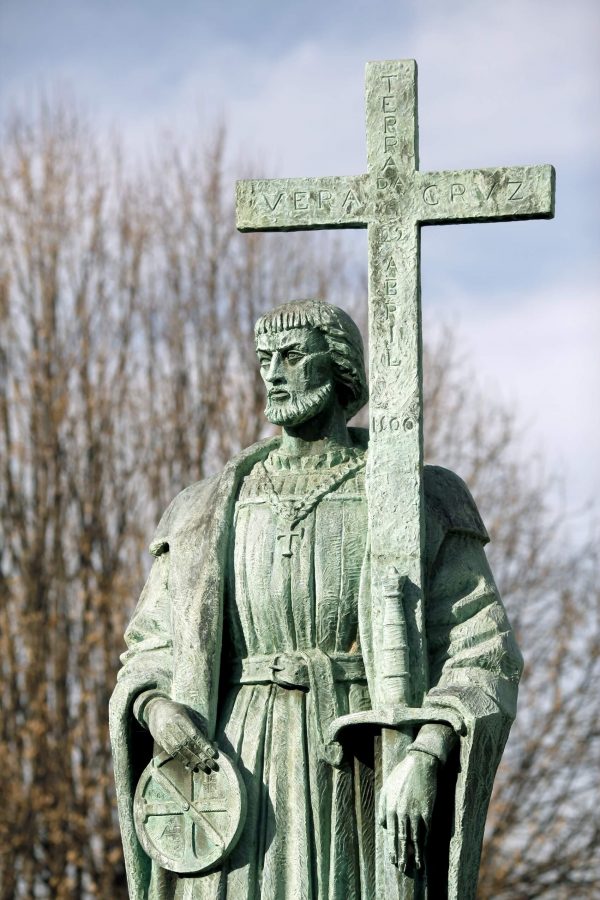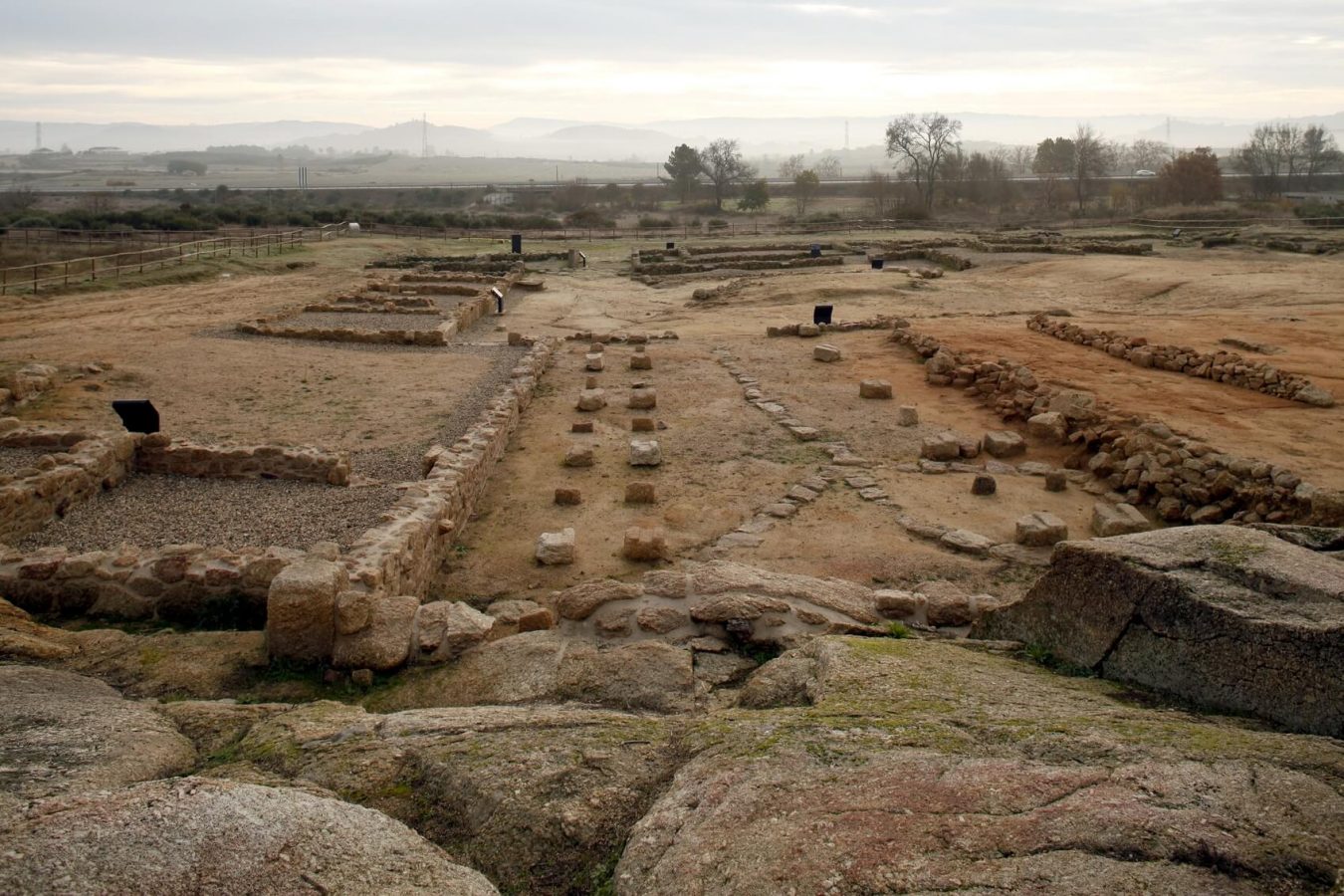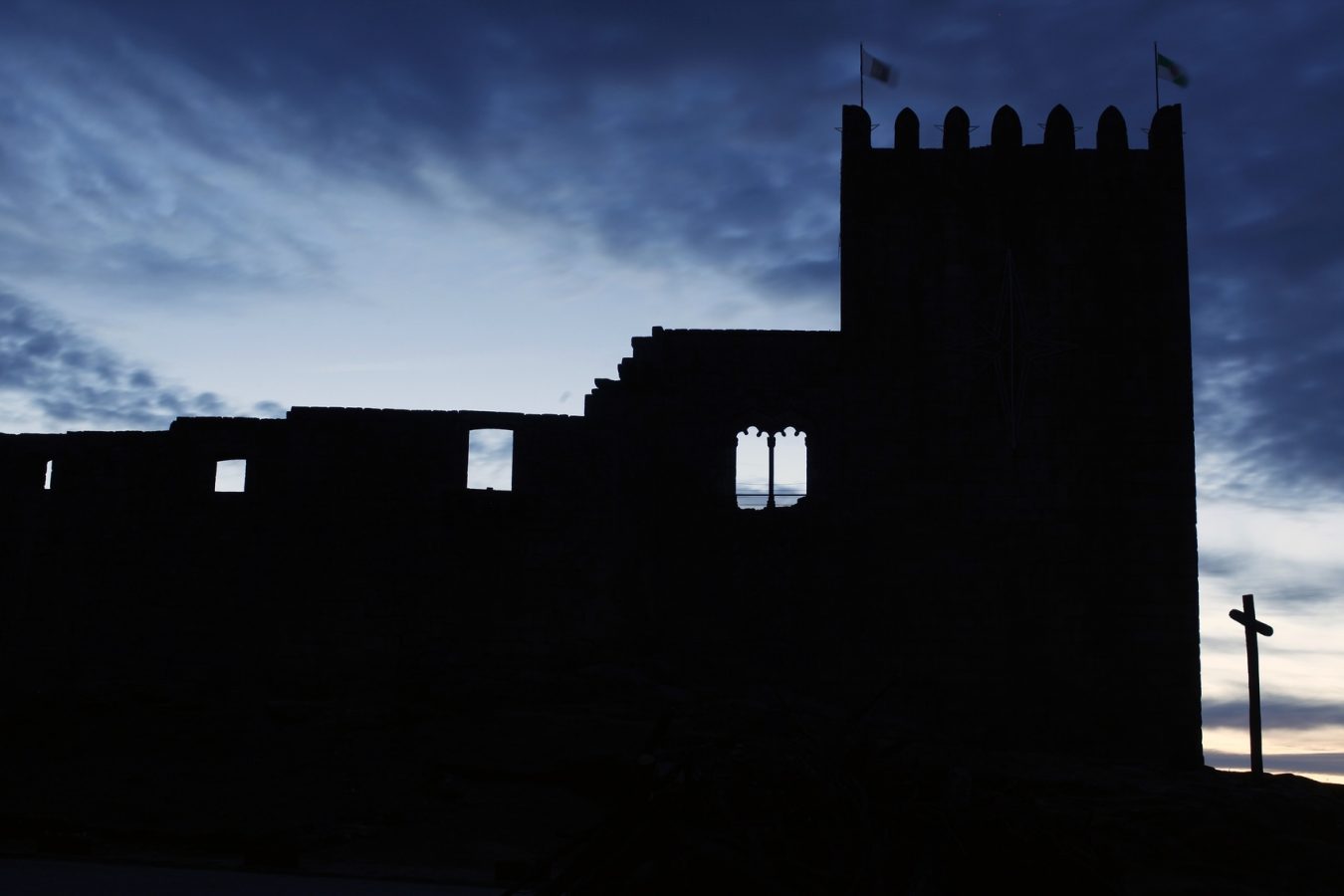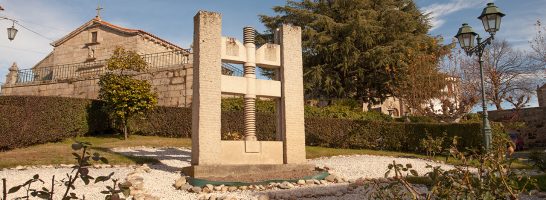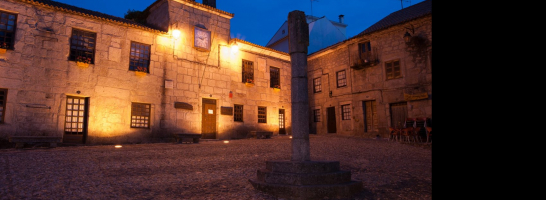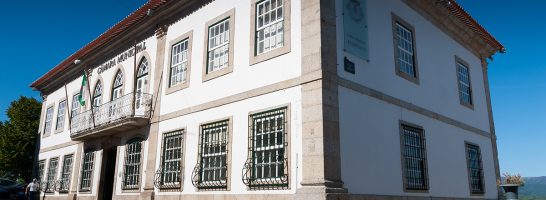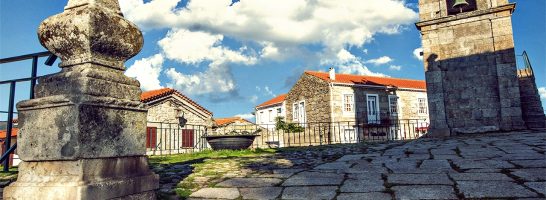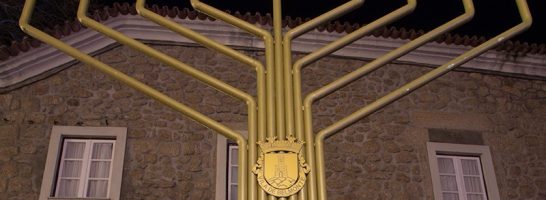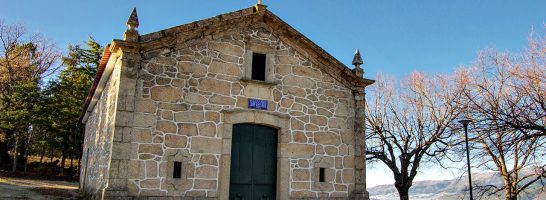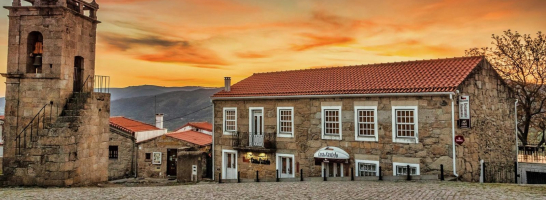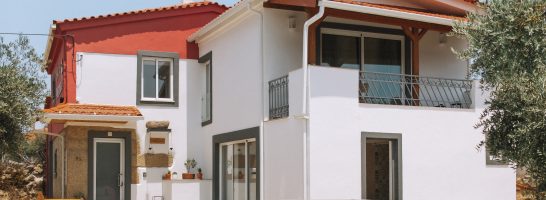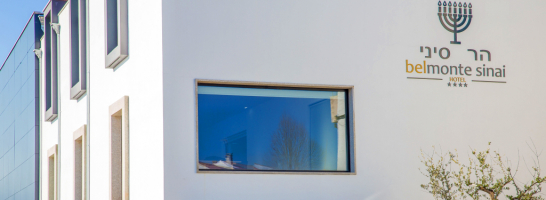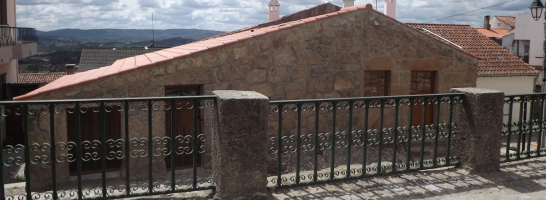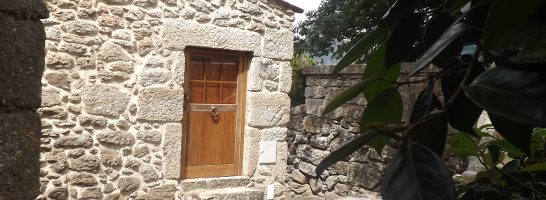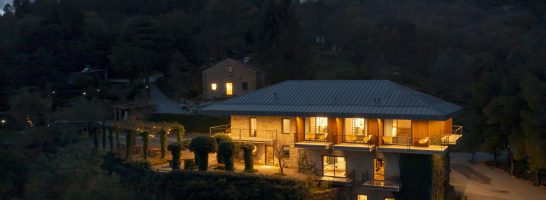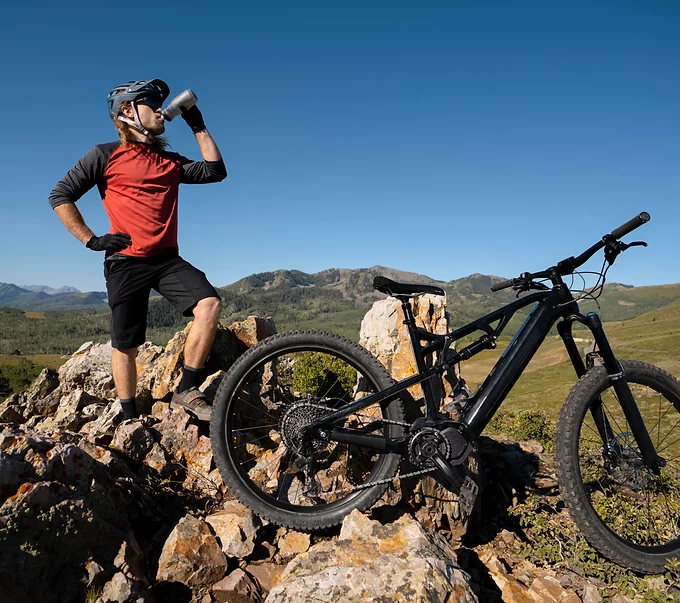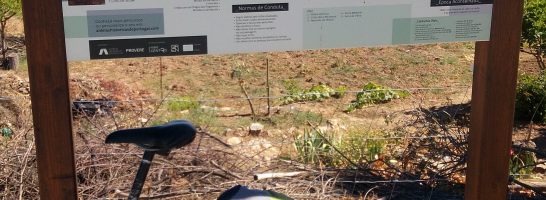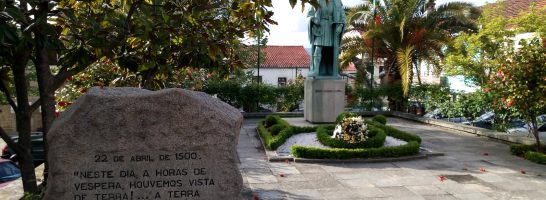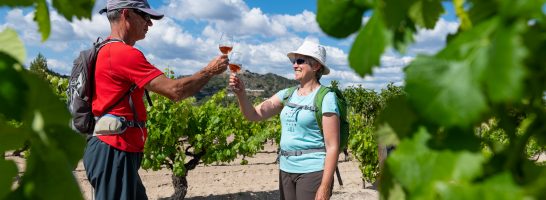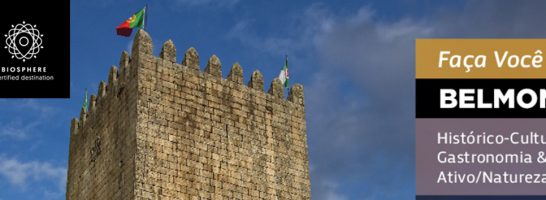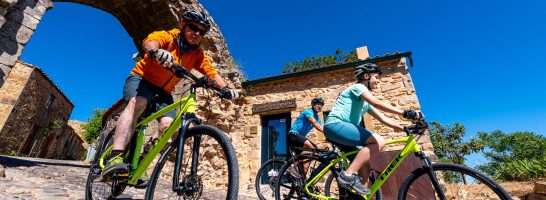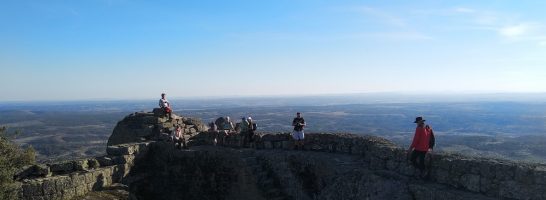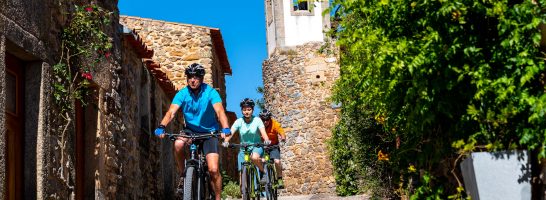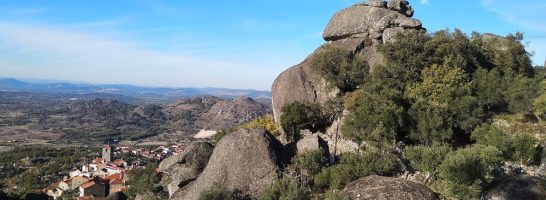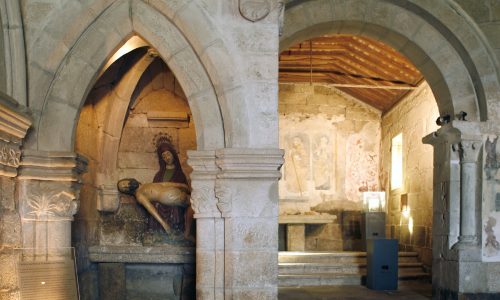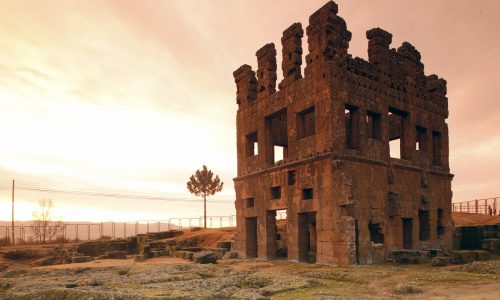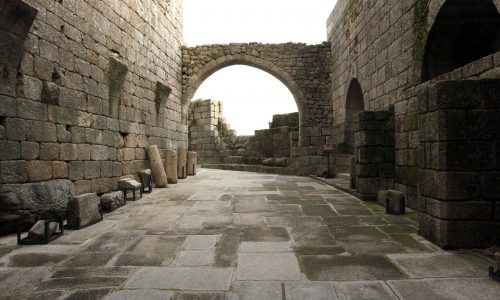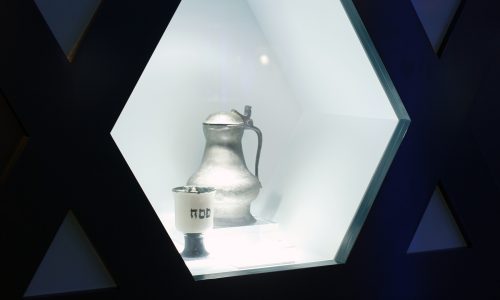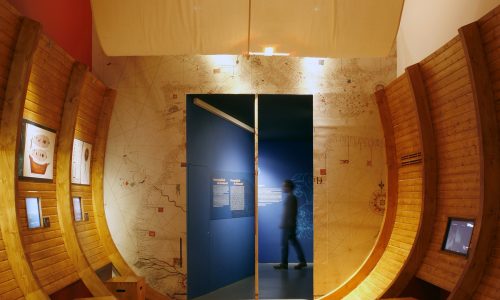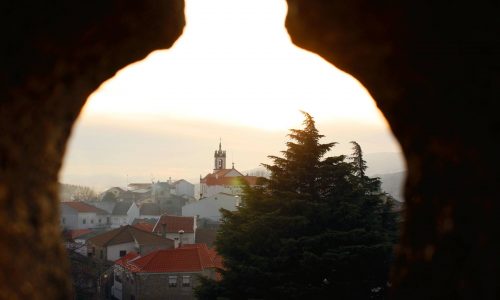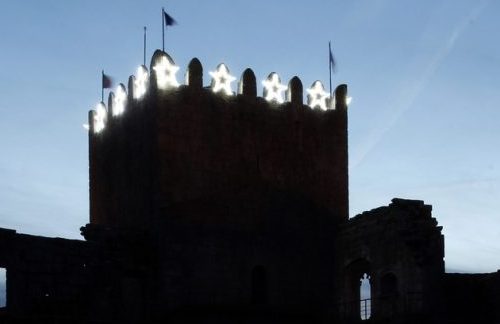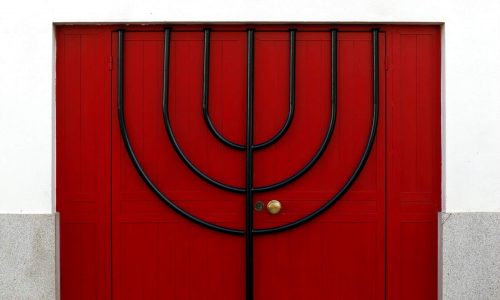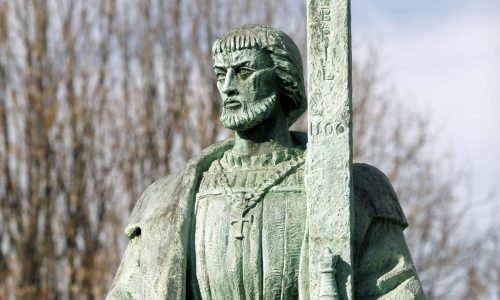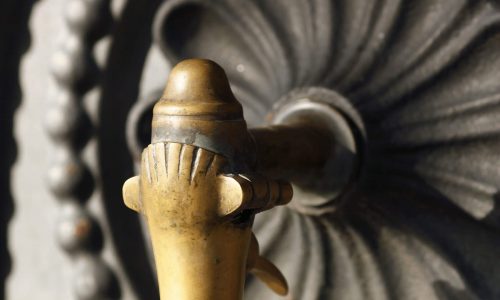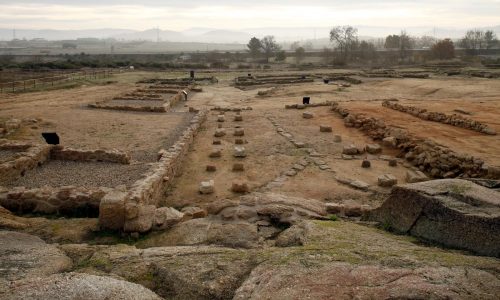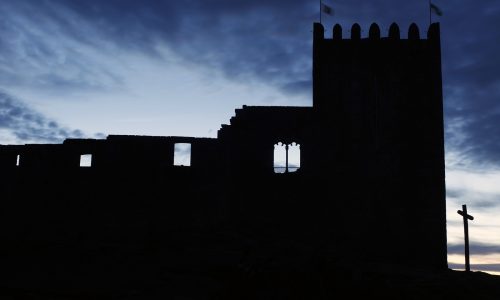Belmonte
The town of Belmonte in Cova da Beira commands a broad view of the eastern slopes of the Serra da Estrela mountains and fully justifies its name. Tradition has it that the name Belmonte comes from its location (beautiful hill). Some say, however, that it comes from 'belli monte', the hill of war. A sunny place, with good people, endless vistas and centuries-old history.
History
Our history your time
A história de Belmonte surge, normalmente, associada à história dos Cabrais e dos Judeus. Foi terra natal de Pedro Álvares Cabral, o navegador, que no ano de 1500 comandou a segunda armada à India, durante a qual se descobriu oficialmente o Brasil. A presença humana no atual concelho de Belmonte está comprovada desde as épocas mais remotas. A Anta de Caria, os Castros de Caria e da Chandeirinha certificam a longevidade da fixação na pré e proto-história. A presença romana é também evidente pelos testemunhos da Torre Centum Cellas ou pela Villa da Quinta da Fórnea, pontos de passagem da via que ligava Mérida à Guarda. Na Idade Média Belmonte surge-nos, primeiramente, ligado à história do concelho da Covilhã, concretamente, no foral concedido em 1186 por D. Sancho I. Mas, em 1199, de acordo com a sua política de povoamento e reforço da defesa fronteiriça, o mesmo rei concedeu foral a Belmonte ficando esta até 1385 sob jurisdição da Covilhã. No século XIII, a vila encontrava-se já em franco desenvolvimento justificando a existência de duas Igrejas - a de São Tiago e de Santa Maria (perto do velho cemitério, junto ao Castelo) e de uma Sinagoga. Embora pertencendo à Coroa, o Castelo de Belmonte era administrado por um alcaide local e já desde 1398 que este cargo estava ligado aos Cabrais. O primeiro alcaide foi Luís Alvares Cabral. Fernão Cabral, pai de Pedro Alvares Cabral, foi o primeiro alcaide-mor. Com ele se iniciou, no século XV, a época de maior destaque do Castelo e de Belmonte. Em 1510 D. Manuel I concedeu a Belmonte nova carta de foral. Nessa altura a comunidade de Belmonte era essencialmente rural, dependente da pecuária e da agricultura. A presença de Judeus favoreceu também a existência de algum comércio. Na primeira metade do século XVI o Concelho de Belmonte tinha "de termo duas léguas em longo e uma de largura" sendo a vila que na comarca de Castelo Branco tinha a maior densidade populacional em vizinhos a seguir à Atalaia. Em meados do século XVIII a população de Belmonte contava já com cerca de 1416 habitantes. Em 1811 estava judicialmente anexa a Sortelha (que tinha Juiz de Fora) na Comarca, Provedoria e Diocese de Castelo Branco. E, em 1842 pertencia ao Distrito Administrativo da Guarda. Com a reforma administrativa de 1855, o Concelho de Belmonte foi alargado pela incorporação de Caria. Mas a 7 de Dezembro de 1895 este concelho foi extinto, tendo as suas freguesias sido anexadas à Covilhã. Apenas três anos depois foi restaurado o Concelho de Belmonte.
What to see
Where sleep
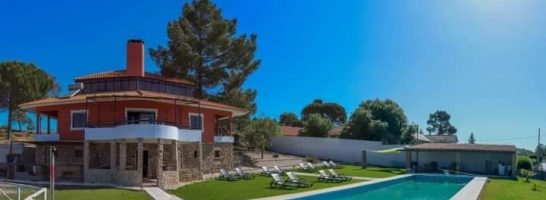
Charme Lusitano
What to do
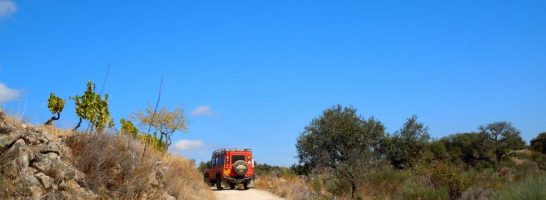
Adventure and nature trips
We are a registered tour operating company and we base our activity on the values of legal compliance, nature protection and sustainability. We operate according to the Portuguese legislation and we hold a special accreditation from the Institute of Nature Conservation and Forests allowing us to drive inside Nature Parks and other protected areas (where permitted)- We are members of the Natural.pt brand (www.natural.pt), reserved for companies who adhere to the programme. Following the recent pandemic we got our Clean & Safe seal from the Tourism Authority signifying our compliance with the official health requirements for the prevention and control of infections. Our trips are much more than just going from A to B and we distinguish ourselves for having a higher purpose: the knowledge and promotion of the historical, cultural and environmental heritage of Portugal, so that in the end our guests will have lots of stories to tell. In each new journey through some of the most beautiful and remotest places in mainland Portugal, we discover a unique, authentic and truly surprising country with a sense of adventure and discovery that enriches us as human beings. Our offer is based on a personalised service with tailor-made trips meeting the personal interests of our guests. We are constantly exploring and spending countless days on the ground in contact with the local people and organisations in search for the best places of interest and the best routes. As a result of this research, we have acquired a deep knowledge of the whole country which allows us to give our guests a renewed level of novelty and differentiation in each event. During our events we privilege the contact with nature in a legal and responsible manner, with the aim to reduce the impact of our passage, by working with official entities and other environmental organisations. Every year we plant many autoctonous trees in an effort to make Dream Overland a carbon-neutral company, an action that our customers can support and partake in. With our trips we contribute to the social cohesion and economic sustainability of local communities, through the knowledge and promotion of their traditions, handicrafts, produce and local heritage.
